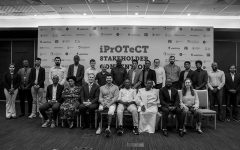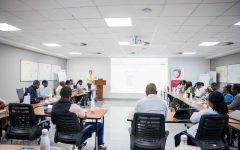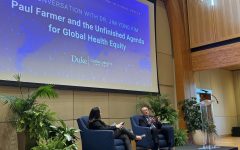A Formula For Health Equity
November 8, 2017 2017-11-08 15:50A Formula For Health Equity
Try Africa – Rwanda, to be precise.
In my native country, health care is a right guaranteed for all, not a privilege reserved for the rich and powerful. Rwanda remains poor, but, over the past 15 years, its health care advances have gained global attention, for good reason. In 2000, life expectancy at birth was just 48 years; today, it’s 67. International aid has helped, but our achievements have come primarily from other, non-financial innovations.
For starters, Rwanda has established a collaborative, cluster approach to governance that allows us to achieve more with the same amount of funding. Moreover, our civil servants embrace problem solving, demonstrating a level of resourcefulness that has produced many localized solutions to human development challenges such as ensuring food security and adequate supplies of clean water and housing.
But perhaps the most important factor behind our dramatic health-care gains has been the national equity agenda, which sets targets for supporting the needy and tracks progress toward meeting them. Since implementing this approach, Rwanda has managed to decrease the percentage of people living in extreme poverty from 40% of the population in 2000 to 16.3% in 2015.
[Read the full op-ed by Dr. Agnes Binagwaho at Project Syndicate]







